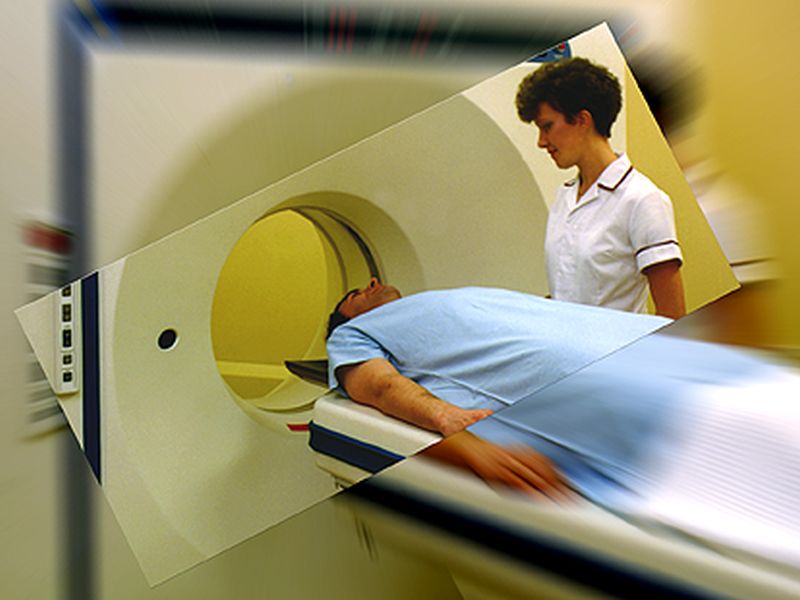
Medical experts consider lung cancer screening an effective way to detect malignant tumors at earlier, more treatable stages. Now, new research suggests low-dose CT scans of the lungs could also improve diagnosis and treatment of other smoking-related diseases.
"While lung cancer kills hundreds of thousands of smokers every year, most smokers die of other smoking-related diseases, such as heart attack, stroke and chronic obstructive pulmonary disease," said study lead author Dr. Elizabeth Regan. She is an associate professor of medicine at National Jewish Health, in Denver.
"With relatively little extra work, the low-dose CT scans used for lung cancer screening could identify previously undetected cardiovascular disease, emphysema or osteoporosis," she said in a hospital news release.
For the study, Regan and her colleagues reviewed more than 4,000 lung cancer-screening CT scans. Patients were aged 55 to 80 with a 30-plus pack-year smoking history. The researchers checked the scans for coronary artery calcification, which is evidence of heart disease, emphysema and osteoporosis.
Overall, signs of heart disease, emphysema or osteoporosis were found in 77% of the patients. Previously undetected heart disease was found in 25%, previously undetected emphysema in 7% and previously undetected osteoporosis in 46%.
Patients with new diagnoses of those diseases were more likely to suffer serious problems in the following six years, the study authors said.
For example, about 7% of those with a new diagnosis of heart disease suffered a heart attack or stroke in the next five years, about 50% more than those without heart disease. More than four in 10 with a new diagnosis of osteoporosis suffered vertebral fractures in the following years, about twice as many as those without osteoporosis.
And about 35% of those with newly diagnosed emphysema suffered pneumonia or exacerbations of lung symptoms in the following years, slightly more than those without emphysema, according to the report.
Study senior author Dr. Jay Finigan said, "With early detection and appropriate treatment of these diseases, we could reasonably expect to reduce [deaths related to the conditions], improve function and quality of life, and reduce risk of fractures." Finigan is medical director of the hospital's lung cancer screening program.
"We believe there is tremendous potential added value to be gained by further analyzing lung cancer screening CT scans for these other smoking-related diseases," Finigan added.







0 Comments